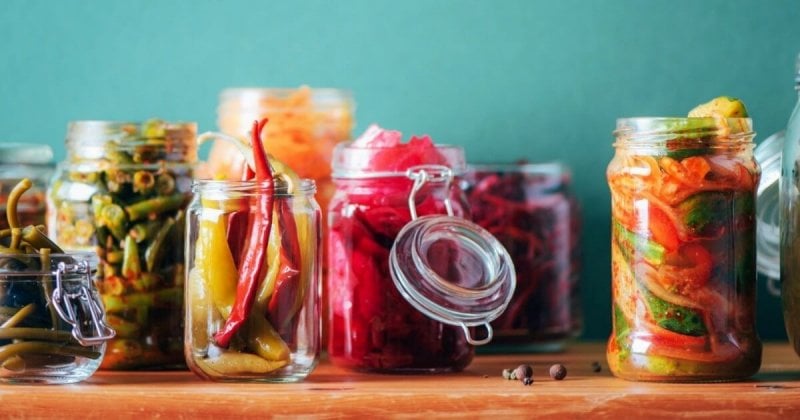Humans have been harnessing microbe-based biochemistry for food preservation since before history began. Without lactic-acid fermentation a bumper crop of cabbage would rot uneaten.
With the right microbes, salt and time it can be turned into sauerkraut.
Ethanol fermentation raises bread and fizzes champagne.
Acetic-acid fermentation provides vinegar and thus pickling, not to mention the peerless lambic beers of the Zenne Valley in Belgium.
Now that food technologists have genome sequencing and gene editing at their disposal they are exploring a realm of “precision fermentation” in which microbes can be chosen, or engineered, for very specific purposes.
The breakthrough took place in 1990, when Pfizer used the genetic-engineering techniques previously used to make medicines such as insulin to create a microbe that produced the clotting agent found in rennet, which is used to curdle milk proteins into cheese.
Rennet was previously sourced from the fourth stomachs of unweaned calves, which is inconvenient. The engineered version is now used in most mass-market cheeses.
…
Scientists think the right microbes in the right fermenters could eventually produce abundant saturated fats, such as those in avocado or coconut oil, to give a rich texture to plant-based meat-substitutes.































